Management: Critical Summary of Articles System04104 - 8/23/2019
VerifiedAdded on 2022/09/16
|5
|1104
|28
Report
AI Summary
This report presents a critical summary of two articles focusing on key aspects of modern management. The first article, "Welcome to the Gig Economy: neoliberal industrial relations and the case of Uber," discusses the rise of the gig economy driven by neoliberal policies, where companies utilize short-term contracts and independent contractors, exemplified by Uber's business model. It highlights the benefits for employers and the potential exploitation of workers through low wages and precarious job conditions. The second article, "Culture Corrupts! A Qualitative Study of Organizational Culture in Corrupt Organizations," examines the characteristics of corrupt organizational cultures. It explores how these cultures often prioritize ends over means, emphasize security, and tolerate deviant behavior. The study, based on interviews with experts, reveals that fear of job loss is a significant factor in corrupt organizations, and that individual honesty in such environments is challenging to assess. Both articles contribute to a broader understanding of contemporary management challenges and ethical considerations in the workplace.
1 out of 5
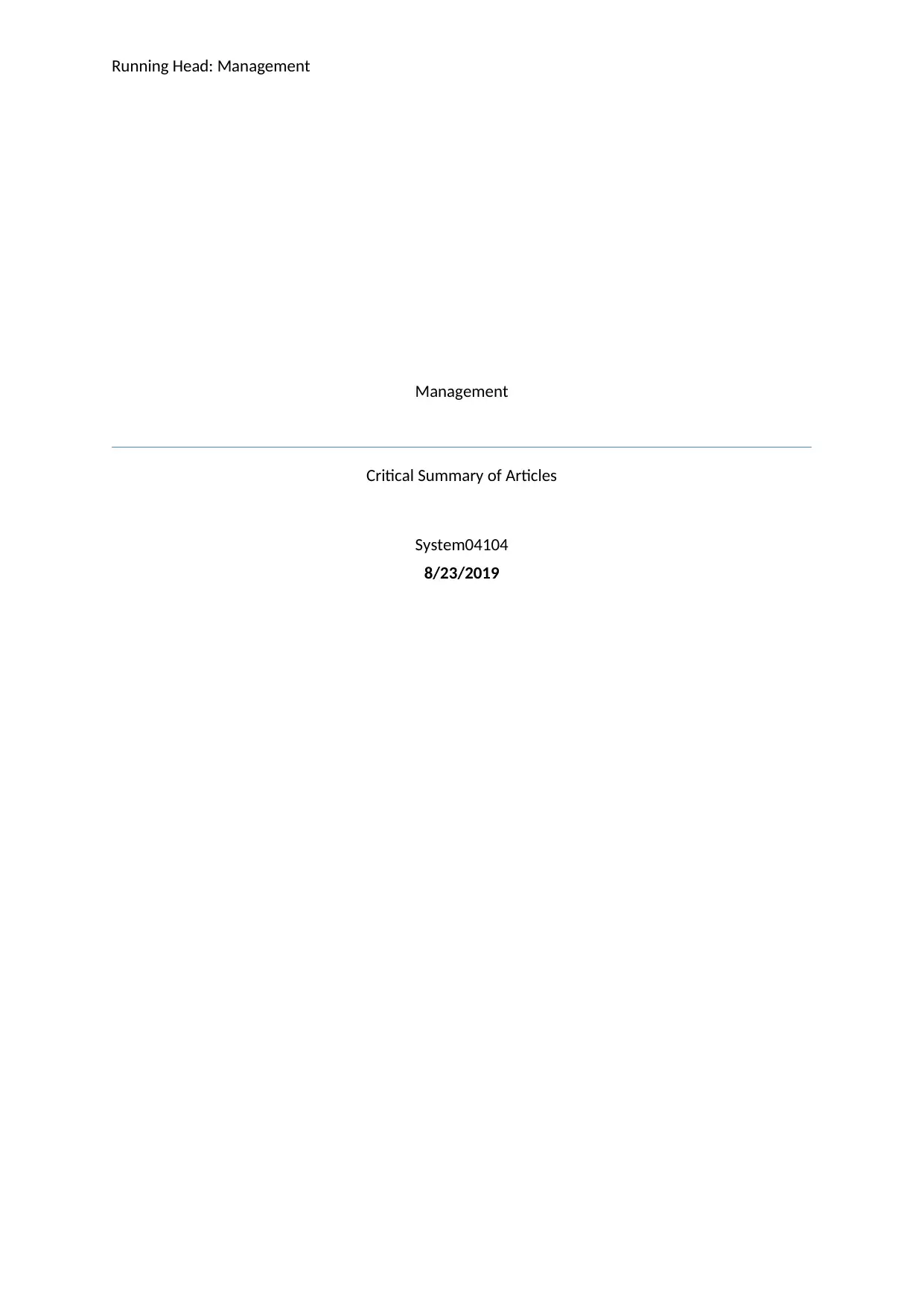
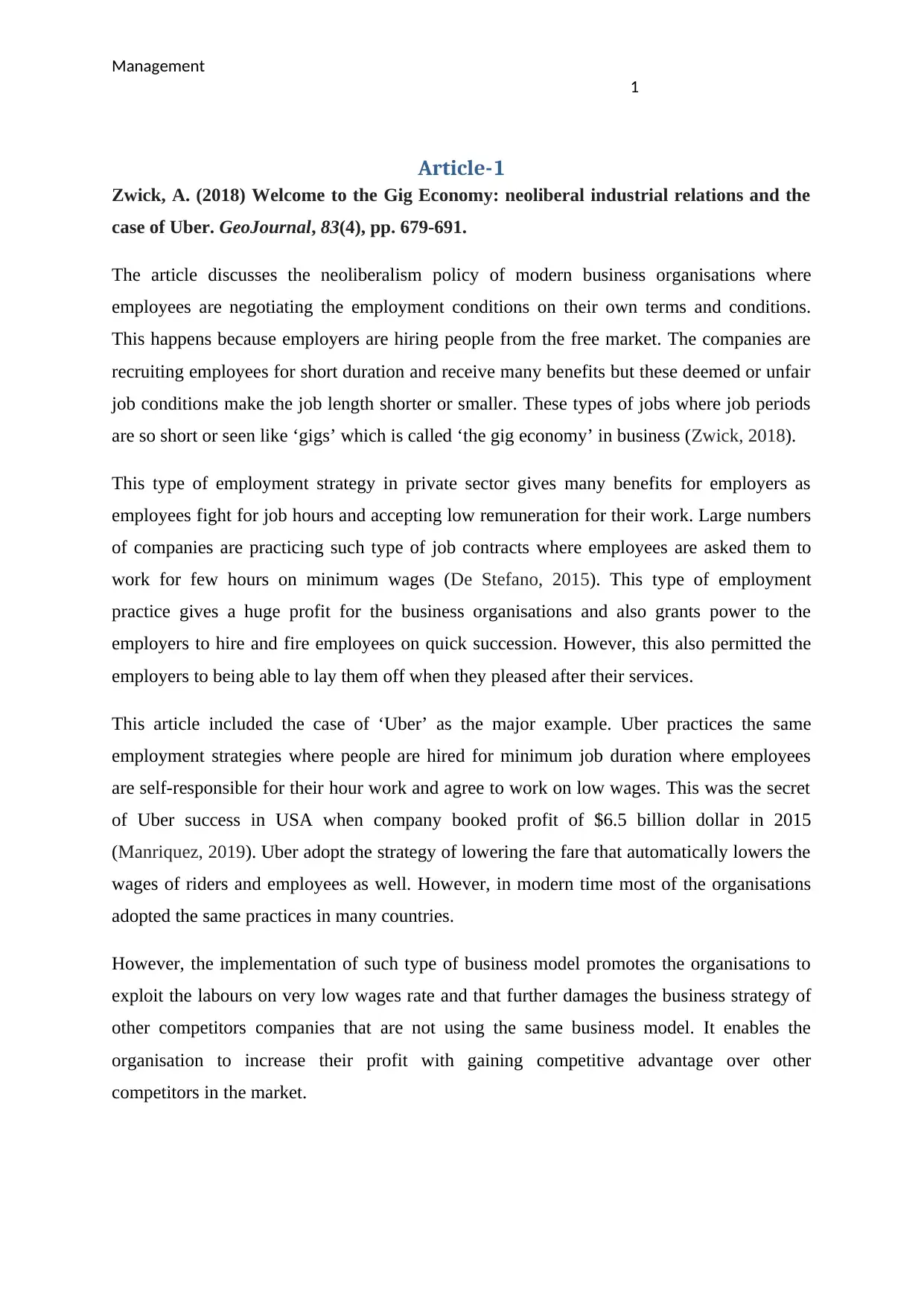
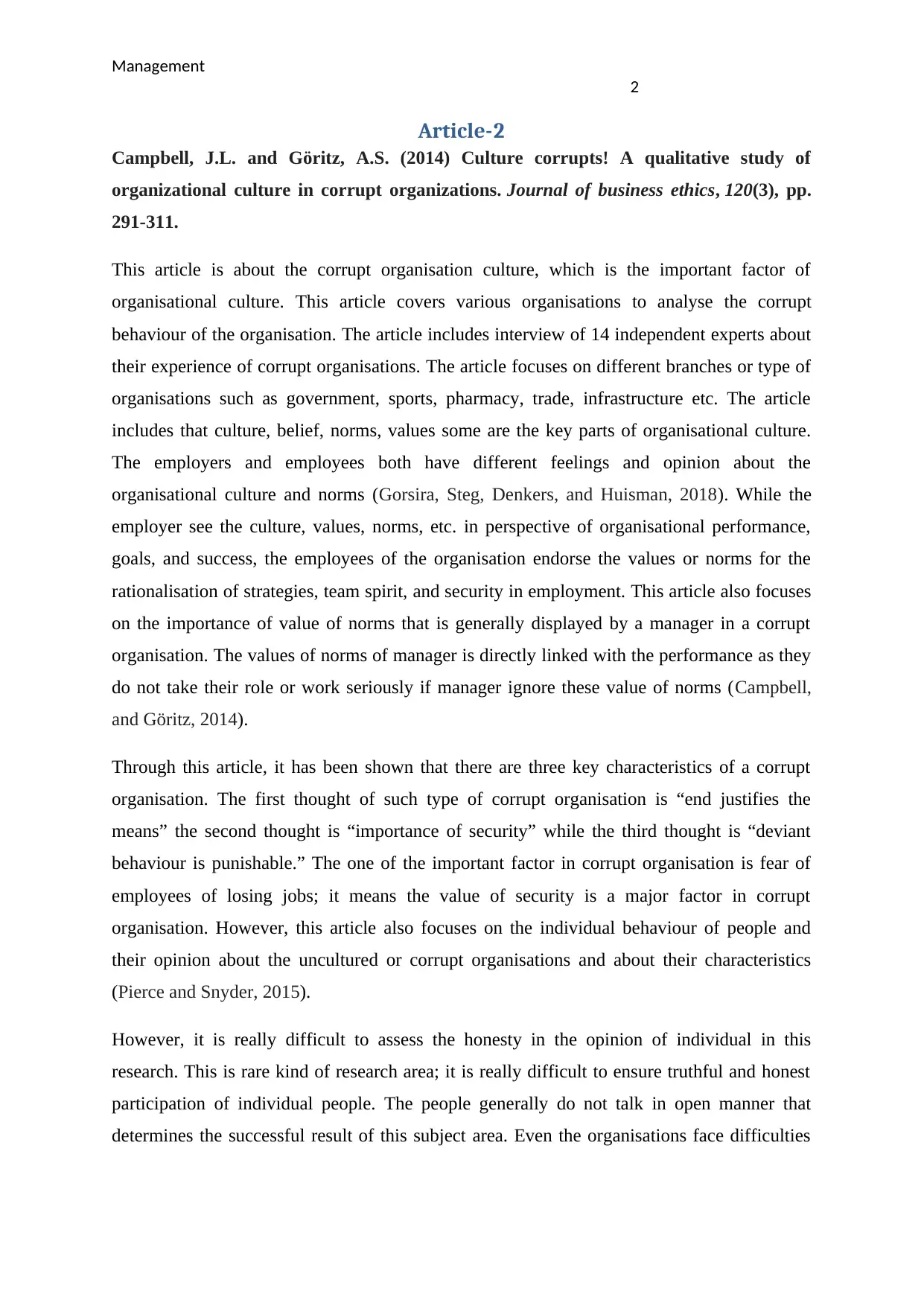

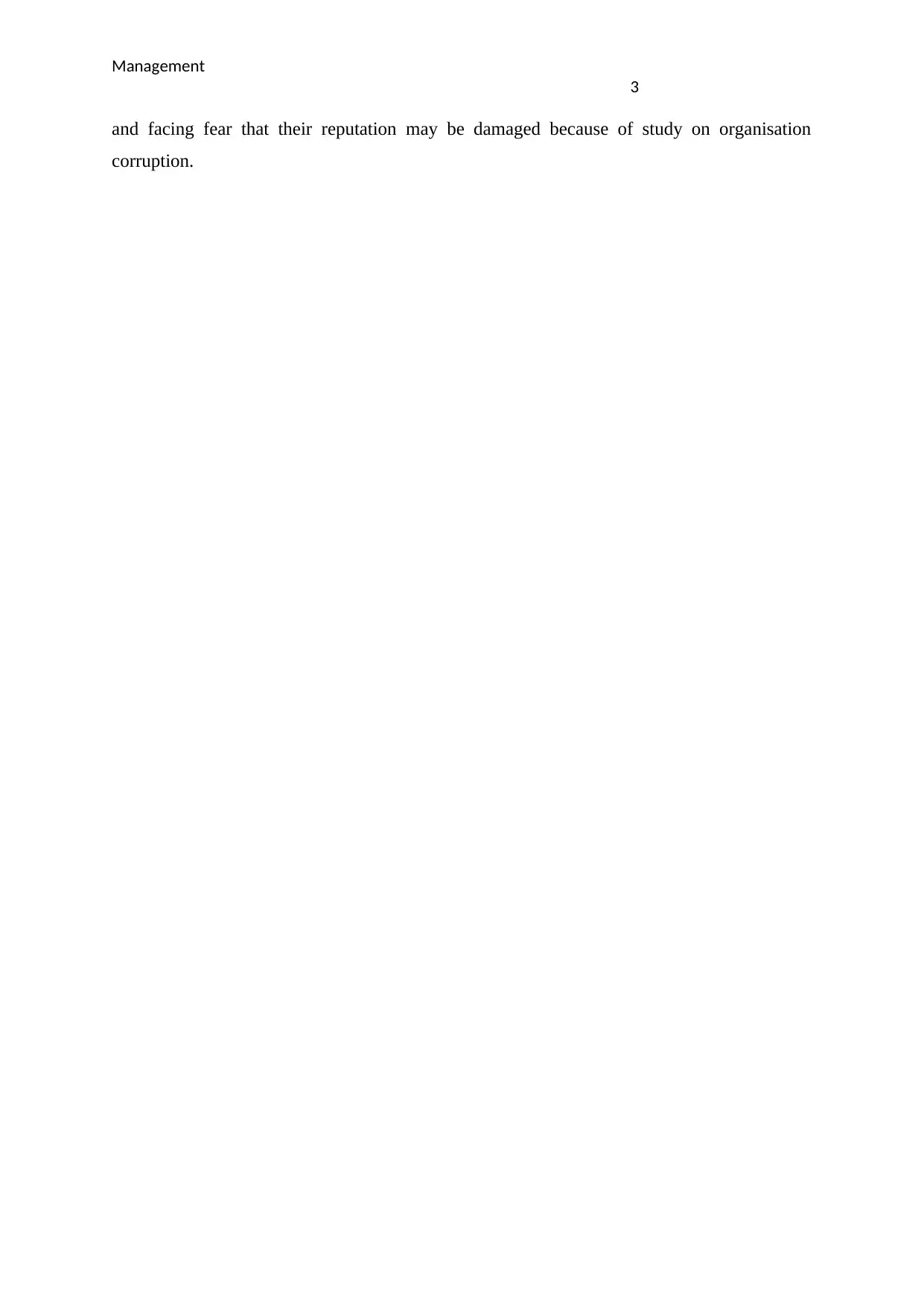
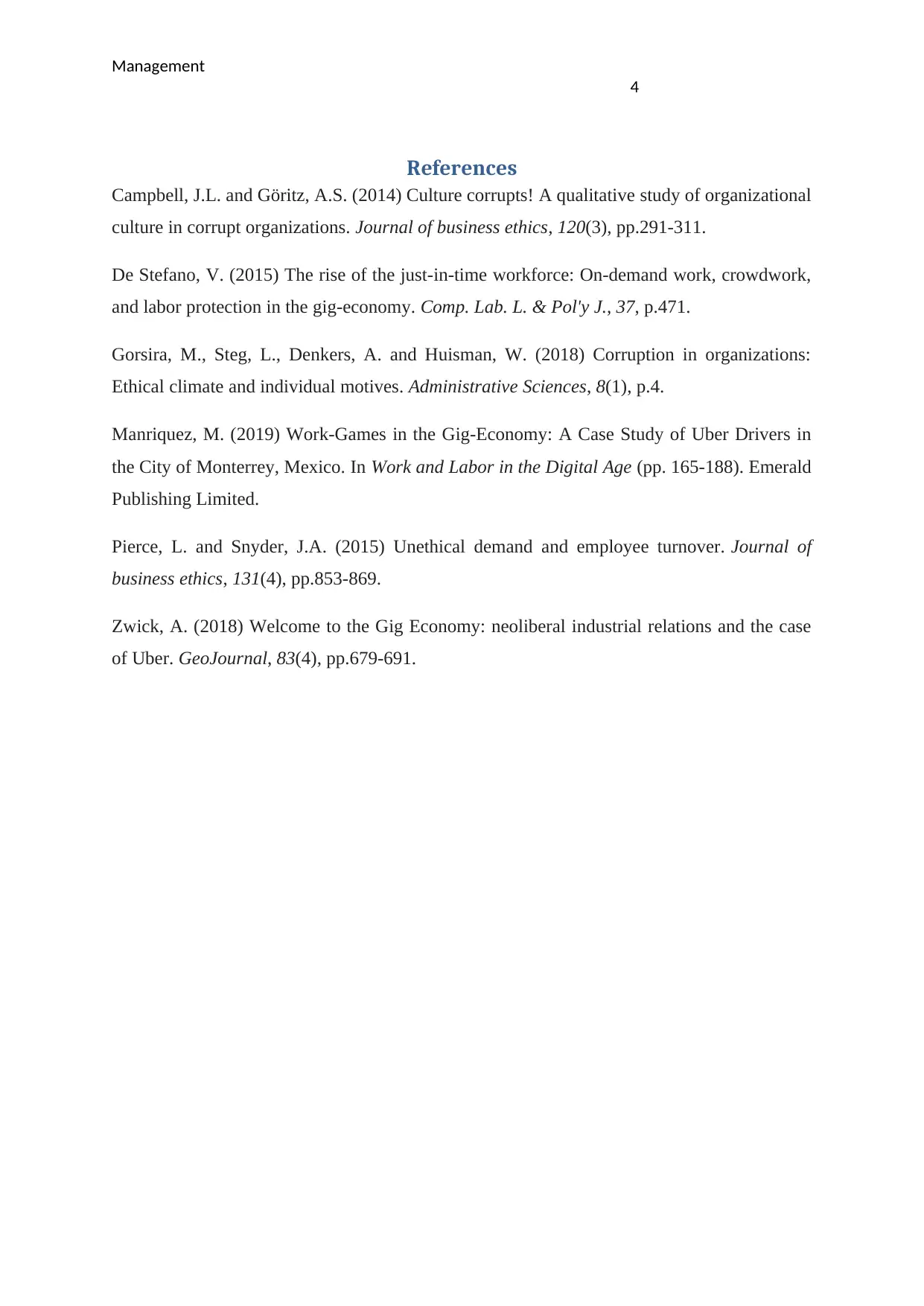






![[object Object]](/_next/static/media/star-bottom.7253800d.svg)